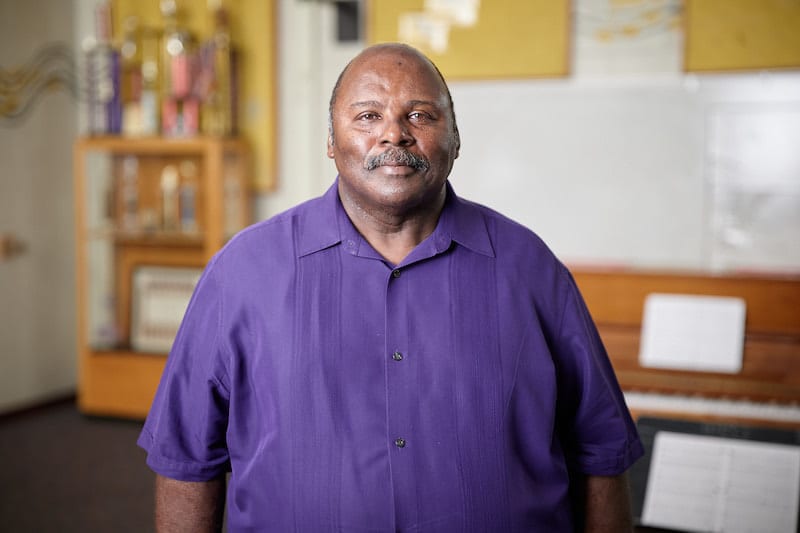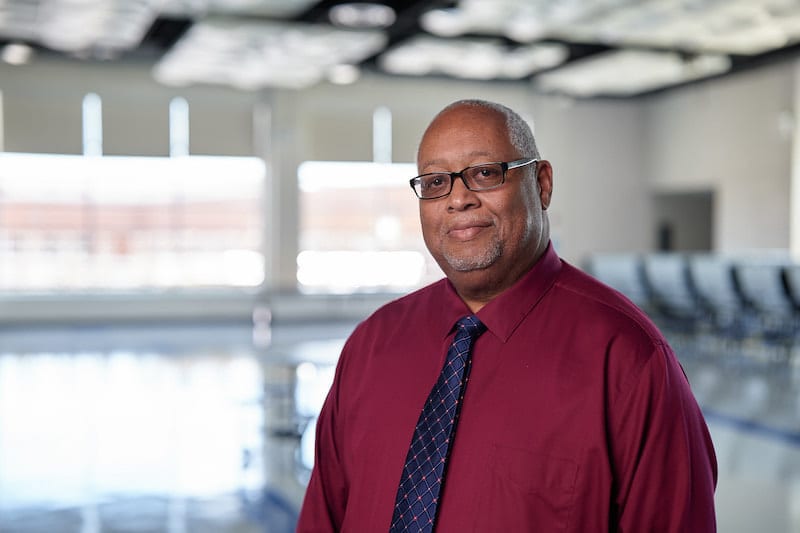
For this citizen leader, community well-being comes first.
Trane ComfortSite is an extranet site designed to save you time. With your secure login, you can:
This is the login for Trane® Connect™ and other Trane® commercial applications. Trane® Connect™ is our secure, cloud-based customer portal to access your building systems to remotely monitor and manage building systems, and conduct routine maintenance.
Selecting a language changes the language and content on the Trane site.
Latin America
Europe
Asia Pacific
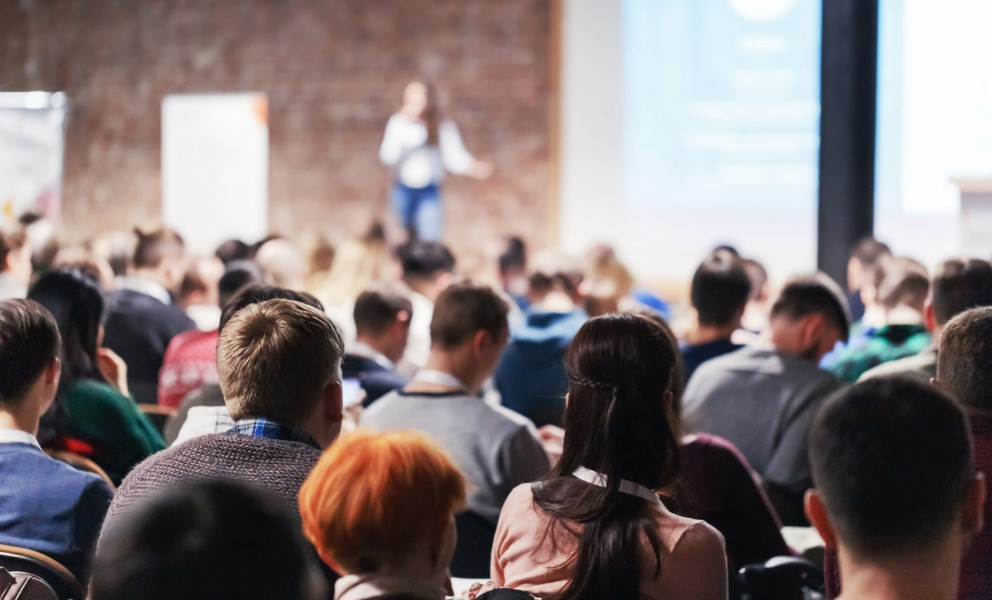
Discover which experts from Trane will be presenting and what topics they will cover at the upcoming ASHRAE Winter Conference and AHR Expo

Lighting
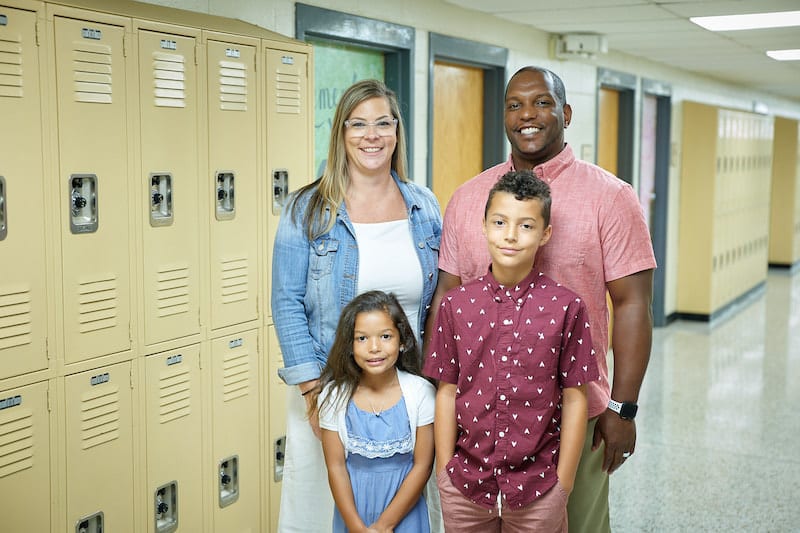
Just as in so many small towns across the U.S., at the center of King William County, Virginia, is its four schools. They’re not just buildings for educating and shaping the next generation—they’re also where community members vote, attend art festivals, cheer on the local youth football team, and even hold homegoing services. They’re where teachers have students who are the children of their own childhood friends.
Kami Newbill, a guidance counselor at King William High, attended the district her whole life and graduated with her husband in 1998. Her brother, sister-in-law and brother-in-law all graduated from the school as well, and now her two children are making their way through.
“It brings back a lot of memories to actually work with the children of the people I graduated [with], and we're all kind of raising families now in the community together,” Newbill says. “It’s surreal to see how we are becoming adults and how we've grown since we were students here.”
“As kids, we don't really recognize [lighting]. But as you get older, you can see changes and feel them as well—[it improves] quality of life around you.”
Over the years, the King William district has evolved and expanded. Instead of two schools there are now four, there’s a new gym, and the middle and high schools have been extensively renovated. But for Kami, there’s more to this evolution than meets the eye.
When she started her job as a counselor in 2015, she worked under the harsh fluorescent lighting so common in schools and public buildings. “Working in front of the computer [and] sitting in an office building takes a toll on your eyes [especially] if you get frequent headaches,” she says. “The fluorescent lights were so straining and so overbearing.”
For temporary relief, she installed magnetic covers over the bulbs in her office.
When King William County switched to LED lighting, Newbill took notice. Not only more sustainable, the bulbs also provide a more modern, welcoming light that’s easier on the eyes.
“It’s a much warmer feeling,” she says. “A big difference from when I was here as a student. As kids we don't really recognize that stuff. But as you get older you can see changes and feel them as well—[it improves] the quality of life around you.”
Such upgrades, ultimately, benefit the whole town: Community members enjoy a more comfortable environment when they visit the building to vote on Election Day, attend an annual family-run charity basketball game, or view student art. “We don't have a lot of other resources in this area so the public school system allowing us to use their facilities is very beneficial for the community,” Newbill adds.
Naturally, King William Schools have been an important resource during the COVID-19 crisis, serving as vaccine clinics, as well as giving the students a sense of consistency and support with their education, whether they were attending virtually or in a hybrid model.
Bringing kids and staffers indoors during a health crisis can be a source of anxiety, but Newbill felt at ease. “I did not have concerns about the amount of time that they were going to be here in the building because of the mitigation strategies that we had in place,” she says. In addition to policies for social distancing and mask-wearing, the district also added new Trane equipment to improve air quality and circulation.
That comfortable, familiar environment was crucial for the county and its children. “Our young people [need] social interaction and being around one another,” Newbill says. “For some students, to have a caring adult each day, a hot meal, that changes their day—and their whole world. It's so important that we're able to offer that for them.”

For this citizen leader, community well-being comes first.
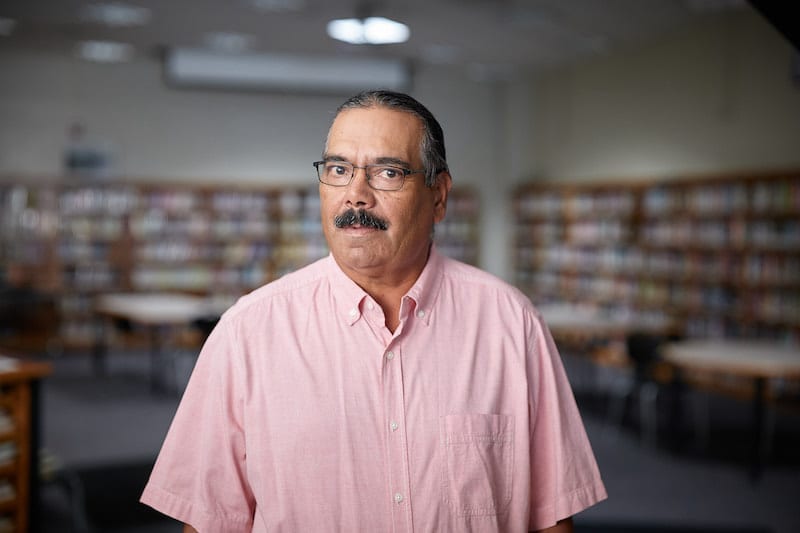
An esteemed neighbor shows how a school’s impact extends past its doors.
